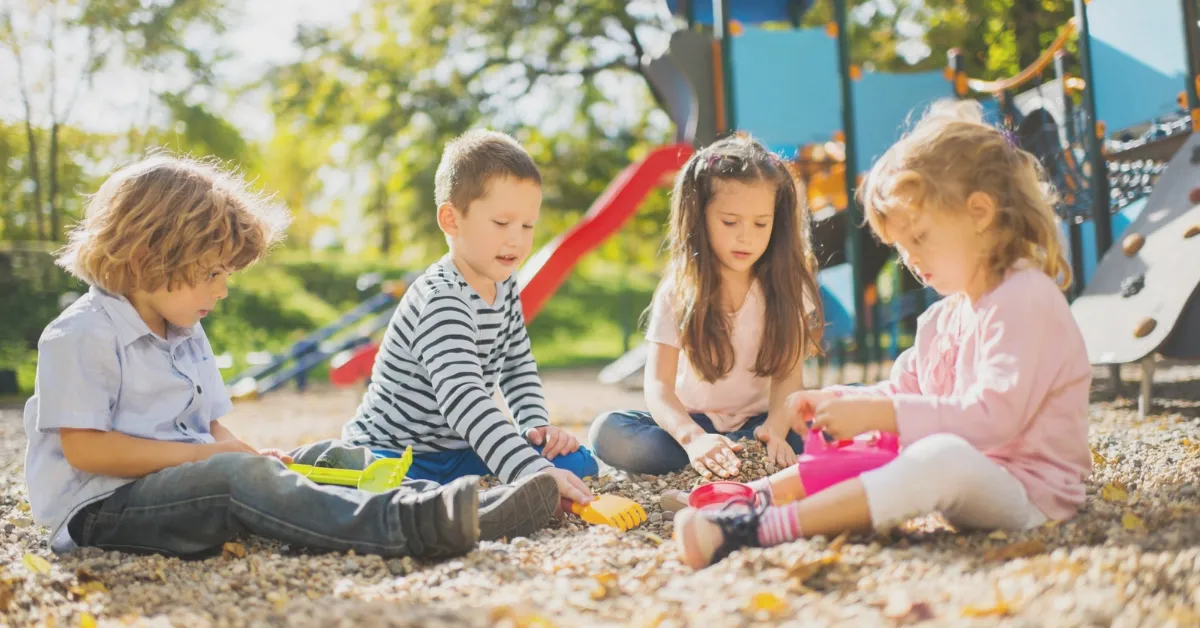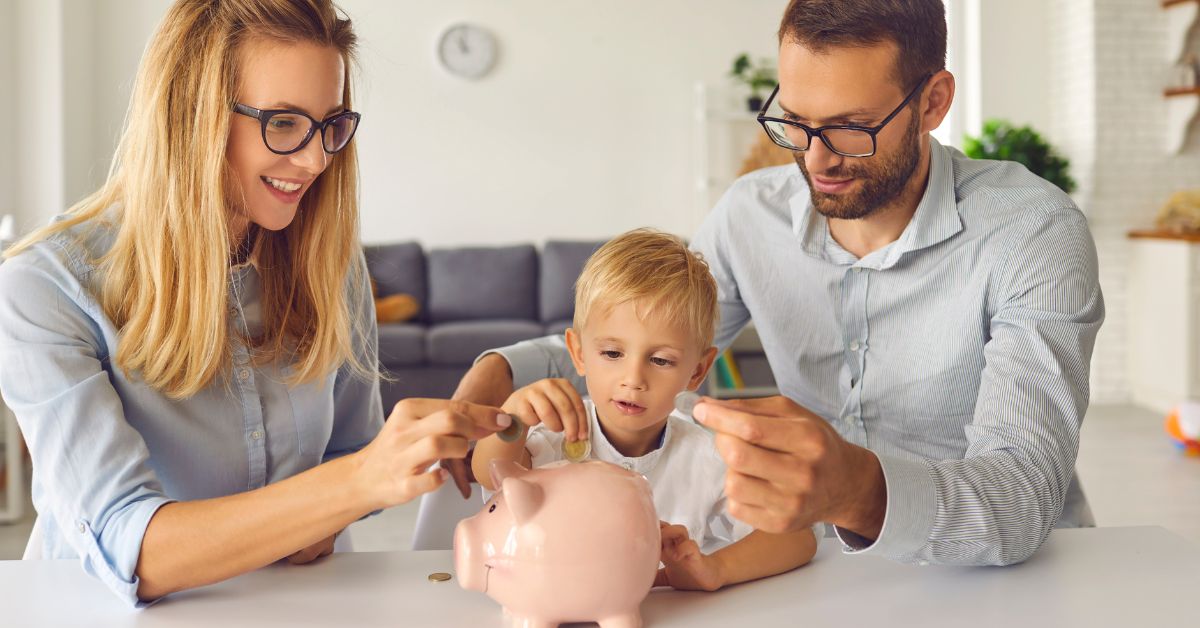The playground is more than just a place for children to expend energy—it's a crucial environment where social skills develop, friendships form, and character is built. Creating and maintaining a positive playground culture requires dedicated monitors who understand the challenges and opportunities these recreational periods present. Let's explore how playground monitors can effectively foster an environment that nurtures growth and inclusivity.
Understanding the Impact of Playground Dynamics
A positive playground culture begins with recognizing that playground time is a vital part of a child's educational experience. During these periods, children learn:
- Conflict resolution skills
- Social interaction
- Physical coordination
- Emotional regulation
- Leadership abilities
- Empathy and cooperation
Monitors play a pivotal role in guiding these learning opportunities while ensuring safety and inclusivity.
Training and Preparation for Playground Monitors
To effectively maintain a positive playground culture, monitors need proper training in:
- Conflict resolution techniques
- First aid and safety protocols
- Inclusive play strategies
- Behavioral management
- Emergency procedures
- Communication with diverse age groups
This foundation enables monitors to respond appropriately to various situations while promoting positive interactions.
Establishing Clear Guidelines and Expectations
Creating a structured environment helps maintain order without restricting fun. Key elements include:
- Clear boundaries for play areas
- Age-appropriate activity zones
- Simple, consistent rules
- Fair consequences for misconduct
- Positive reinforcement systems
- Regular communication with teachers and staff
These guidelines help create a framework for a positive playground culture while ensuring safety and inclusivity.
Proactive Monitoring Strategies
Effective playground supervision requires more than just watching from the sidelines. Monitors should:
- Move throughout the playground regularly
- Position themselves strategically to observe all areas
- Engage with children positively
- Notice and address potential conflicts early
- Encourage inclusive play
- Model appropriate behavior
Active engagement helps prevent issues before they arise while fostering positive interactions.
Supporting Inclusive Play
A cornerstone of positive playground culture is ensuring all children feel welcome and included. Monitors can:
- Organize inclusive games and activities
- Help integrate shy or new students
- Support children with special needs
- Encourage cross-grade interactions
- Facilitate friendship formations
- Recognize and celebrate positive behaviors
Building Conflict Resolution Skills
When conflicts arise, monitors have an opportunity to teach valuable life skills:
- Guide children through problem-solving steps
- Encourage active listening
- Help children express feelings appropriately
- Teach compromise and negotiation
- Support peaceful resolution
- Follow up to ensure lasting solutions
Weather and Environmental Considerations
Maintaining a positive playground culture includes adapting to various conditions:
- Having indoor alternatives ready
- Monitoring equipment safety in different weather
- Adjusting activities based on conditions
- Ensuring proper hydration and sun protection
- Managing space effectively during indoor recess
Communication and Documentation
Effective monitoring requires strong communication systems:
- Regular reports to teachers and administration
- Documentation of incidents and resolutions
- Sharing positive observations
- Coordinating with other monitors
- Maintaining an open dialogue with students
- Updating parents when necessary
Professional Development and Growth
To maintain and improve a positive playground culture, monitors should:
- Participate in regular training sessions
- Stay updated on best practices
- Share successful strategies with colleagues
- Seek feedback from students and staff
- Adapt approaches based on observations
- Continue learning about child development
Measuring Success and Making Adjustments
Regular evaluation helps maintain and improve playground dynamics:
- Track incident frequencies and types
- Observe participation patterns
- Gather feedback from students
- Monitor behavioral trends
- Assess equipment usage and needs
- Evaluate program effectiveness
Creating Long-term Impact
The ultimate goal of maintaining a positive playground culture is to create lasting positive effects:
- Improved social skills
- Enhanced conflict resolution abilities
- Better physical health
- Stronger peer relationships
- Increased emotional intelligence
- Greater sense of community
Recommendations for Implementation
To successfully implement these strategies:
- Start with clear objectives and guidelines
- Train monitors thoroughly
- Maintain consistent communication
- Regular evaluate and adjust approaches
- Celebrate successes and learn from challenges
Conclusion
By focusing on these aspects, monitors can create and maintain a positive playground culture that benefits the entire school community. Remember, the playground is often where children learn their most important life lessons – about friendship, fairness, and fun. Through dedicated monitoring and thoughtful intervention, we can ensure these lessons contribute positively to each child's development.
The role of monitors in maintaining a positive playground environment is crucial for creating safe, inclusive, and enriching experiences for all students. By implementing these strategies and maintaining a focus on positive playground culture, monitors can help create an environment where every child has the opportunity to thrive, learn, and grow.






